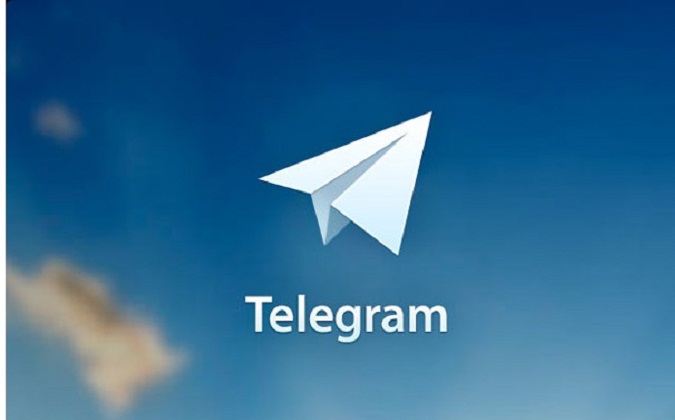Russia’s Roskomnadzor watchdog began blocking Telegram, a messaging service popular in Russia, on Monday after it refused to comply with a court order to grant state security services access to its users’ encrypted messages.
Roskomnadzor’s head Alexander Zharov said it had blocked 18 sub-networks and a significant number of IP-addresses belonging to Google and Amazon, the Interfax news agency reported.
“We have currently informed both companies that a significant number of IP addresses located in the clouds of these two services have fallen under the block on the basis of the court ruling (to block Telegram),” Zharov was quoted as saying.
Blocking the IP addresses has prevented Russian internet users from accessing Telegram and other services that route content through Google and Amazon servers.
Some users have circumvented the block by using virtual private networks, which make it seem as though they were accessing the internet from another country.
Zharov told Interfax that Roskomnadzor hoped it would receive “legally meaningful” responses from Amazon and Google by Wednesday.
The U.S. companies did not immediately respond on Tuesday to a request from Reuters for comment on the Russian move.
“DIGITAL RESISTANCE”
Telegram CEO Pavel Durov called on Tuesday for “digital resistance”, saying he was prepared to give out millions of dollars worth of grants in bitcoin digital currency to individuals and companies that run proxies and VPNs to support internet freedom.
Writing on his Telegram channel, Durov said there had not been a significant drop in users of the service in Russia since the ban took effect because users were using VPNs and proxies to access the messenger. He also thanked Apple, Google, Amazon and Microsoft “for not taking part in political censorship”.
Durov, a pioneer of social media in Russia, left the country in 2014 and has become a vocal critic of the Kremlin’s policies on internet freedom.
Telegram is widely used in countries across the former Soviet Union and Middle East. Durov said on Tuesday that Russians account for about 7 percent of its users.
As well as being popular with journalists and members of Russia’s political opposition, Telegram has also been used by the Kremlin to communicate with reporters and arrange regular conference calls with President Vladimir Putin’s spokesman.
On Monday the spokesman’s office asked journalists who were previously subscribed to a chat in Telegram to switch to a chat that had been set up in a different messaging service, ICQ, which is part of the Russian Mail.ru technology group (MAILRq.L).
More about: #Russia
















































